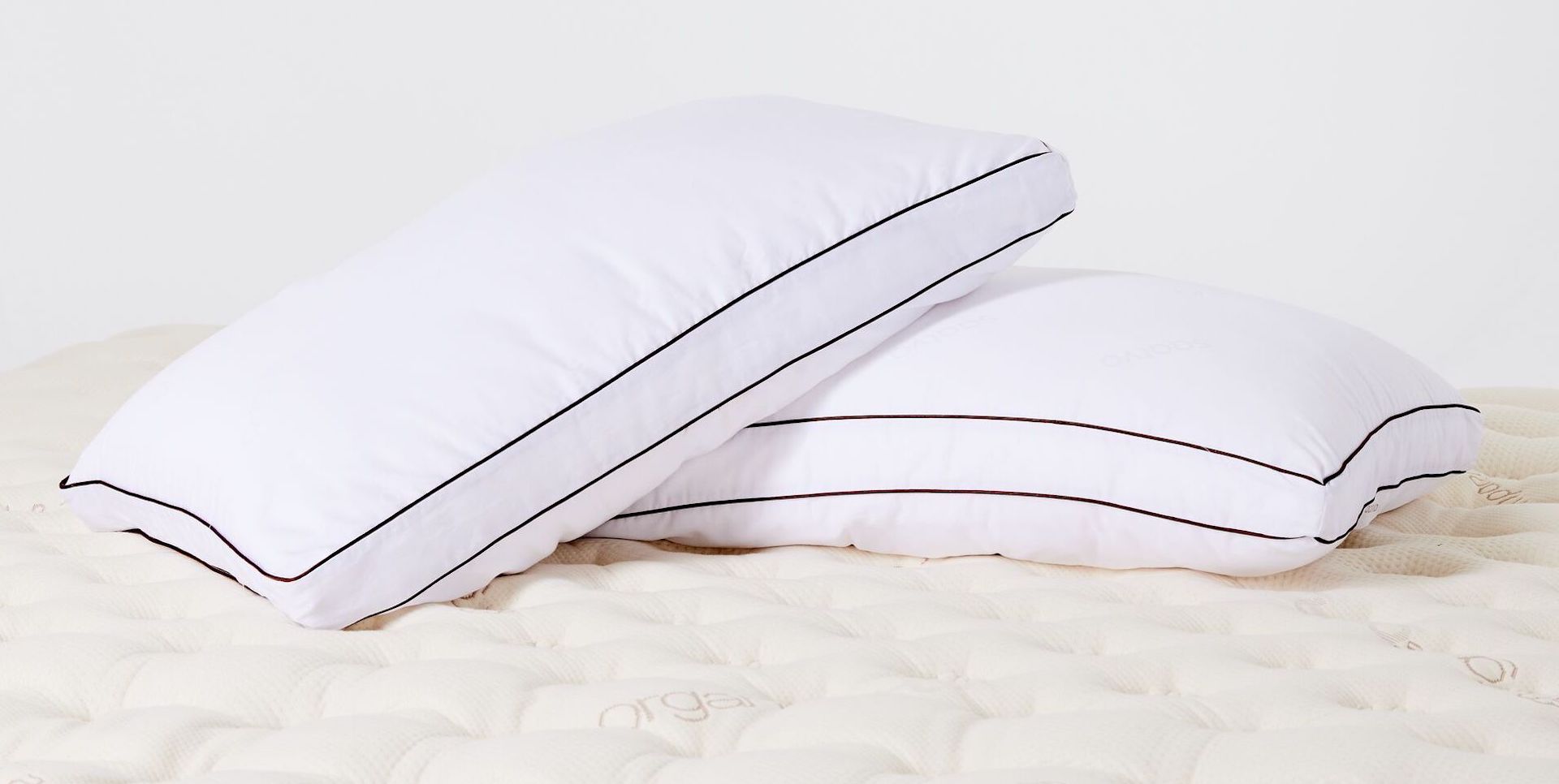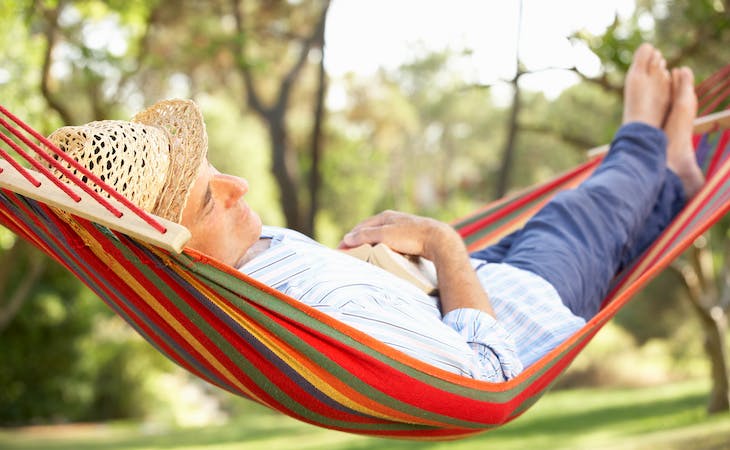Close your eyes and picture the last time you came home after camping or going for a really good, long hike. You probably felt calm and exhilarated at the same time after connecting with nature, unplugging, and getting away from your daily life.
It turns out nature just might be the very best tonic for sleep too.
While we frequently talk about optimizing your bedroom for sleep, sleeping outside can actually do you a world of good. Below, we’re highlighting the scientifically proven benefits of sleeping outside and sharing ways to make the most of your time outdoors.
Is sleeping outside good for you?
Here are the top benefits of sleeping in the open air—some of them may surprise you!
Resets your circadian rhythm
Circadian rhythm, or the 24-hour cycle that serves as your body’s internal clock, is dictated by how much sunlight your body receives each day. As the day turns to night and the sun goes down, your body naturally produces melatonin as a response, which encourages you to sleep. If you spend time in the sunlight during the day, you’re helping aid the natural rhythm of your clock.
One 2017 study finds that spending time indoors in electric light instead of getting out into sunlight could disrupt your body’s circadian rhythm. This was further confirmed through participants spending a week camping—circadian rhythms naturally improved after the individuals slept outdoors for seven days.
Calms your stress
It’s easy to feel stressed when you’re sitting in an office cubicle, jam-packed with deadlines and meetings throughout the day. But when you’re in a sleeping bag staring up at the stars, you likely won’t have those same anxious feelings—and there’s a scientific reason why.
Research from 2019 says that stress biomarkers, which include certain chemicals in the body, showed a reduction after participants spent time in nature. For instance, cortisol, a steroid hormone that kicks in feelings of fight or flight, dropped 23 percent among participants who had meaningful experiences in nature.
Stress reduction can be accomplished through forest bathing—or, to really amp up the good feelings—a night or two of outdoor sleeping.
Boosts your happiness
Spending time in nature, whether it’s overnight or on a hike, can greatly improve happiness levels. One 2019 study reveals that through thoughtful urban planning, more natural areas can be included in bustling cities, something that can increase the happiness of city dwellers.
Even if you don’t live in the city, you certainly can benefit from sleeping outdoors and the happy feelings this experience in nature will promote.
Improves your cognitive function
A hearty dose of the outdoors can improve your cognitive function. According to a 2019 study, there’s a great deal of evidence to support a connection between brain health and getting outdoors. Per the study, “Exposure to natural environments has been shown to improve performance on working memory, cognitive flexibility, and attentional-control tasks.”
So, if you want to become a Wordle champ or think more clearly while working, it might be time to get out the hiking boots and sleeping bag and head to the woods.
Strengthens your immune system
As a result of the pandemic, a lot of us are thinking about our immune systems more than ever before. The good news is that spending time in the great outdoors can actually make your immune system stronger.
As one 2008 study finds, sunlight—which seems to aid in a wide variety of health woes—can help your body ward off sickness. Receiving that extra vitamin D can improve your immune system.
How to reap the benefits of sleeping outside
You may be wondering, “Does fresh air make you sleep better?” In a word, yes. All of these components—a reset circadian rhythm, reduced stress, boosted happiness, improved cognitive function, and a strong immune system—all contribute to a better state of wellbeing, which translates to better sleep. And these are things you can harness by getting outside, and specifically, sleeping out in nature.
Here are some simple tips to help you make the most of your time sleeping outside.
Choose the right sleep surface
To get the full effects of a nature-induced slumber, you’ll want to feel as comfortable as possible. If you’re sleeping on the ground (something referred to as earthing—or making direct contact with the earth—which can also boost sleep quality, health, and wellbeing), choose the best possible sleeping bag.
Talk to someone at an outdoor supply store to get matched with a sleeping bag that fits your height and preferred softness level. Don’t forget a

Hotel-quality comfort with responsive & ultra-breathable support
too!
Additionally, when it comes to must-haves, you can always consider bringing along a tent—you’ll still enjoy those benefits from spending time in nature. If you’d prefer to nap in the sun, grab a hammock—and a bottle of SPF, of course. (Here’s how a bad sunburn can affect your sleep.)
Block out noise and light
When sleeping outdoors, everything may feel a bit unfamiliar when compared to your very dark, very quiet bedroom. You might be dealing with noise and light when sleeping outside, so we recommend you wear earplugs and an eye mask to bed to block out any potential disturbances in your environment.
Stick to your regular nighttime routine
While it might be tempting to stay up all night outside (campfire! s’mores! good conversation!), it really is best to stick to your regular bedtime routine just like you would at home. This means not eating too close to bedtime, avoiding looking at your phone before bed, and doing any nightly rituals like meditation.
Ever wondered what it is about spending time outside that makes you so sleepy? We’ve got the answer—here’s why the sun makes you tired.




